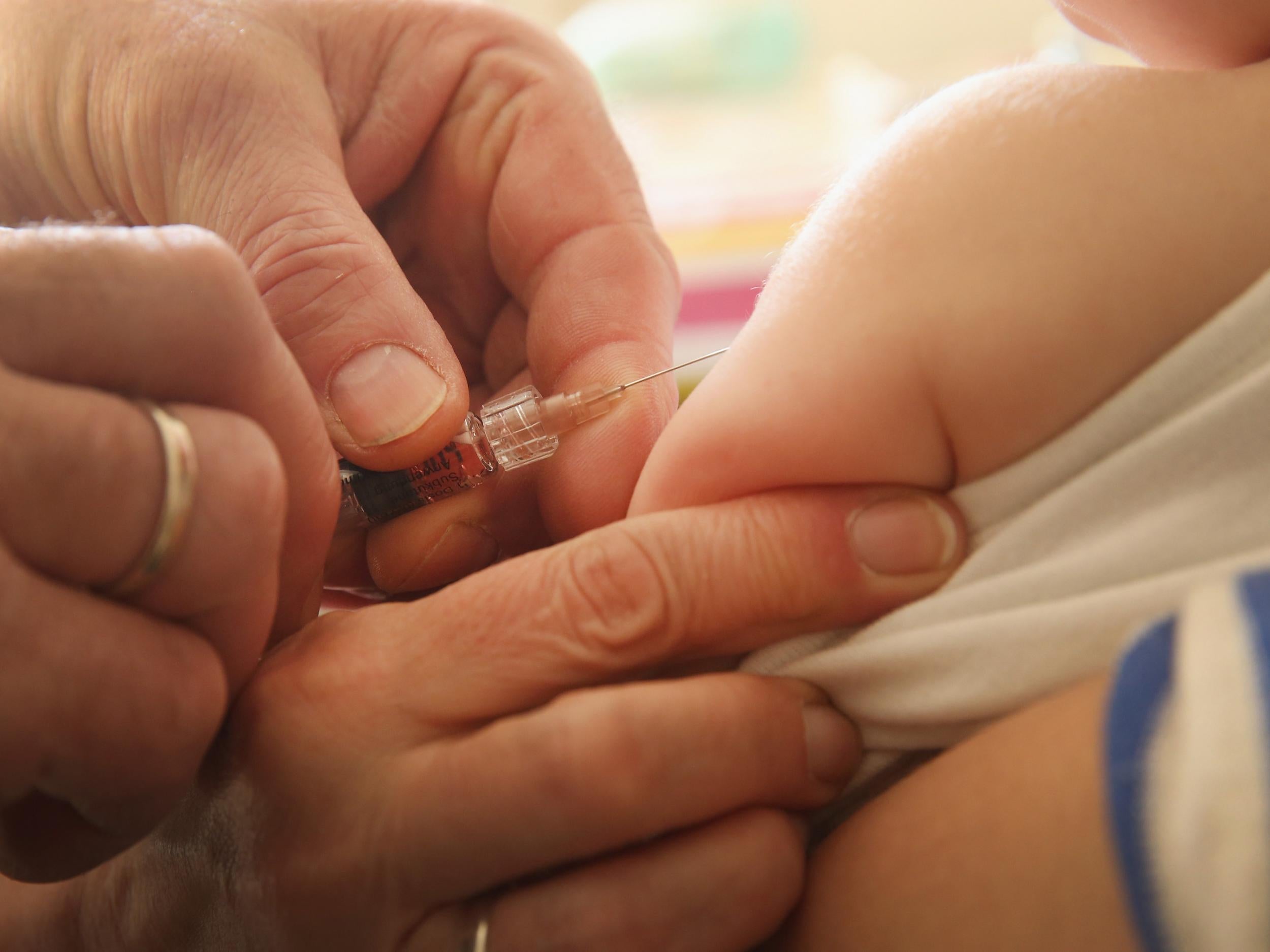UK Measles outbreak: Key symptoms you need to be aware of
The symptoms of measles you need to know about.

Two major cities, Leeds and Liverpool, have reported cases of the highly-contagious viral infection, and Manchester may be next.
Measles is a highly contagious disease that can be prevented by having the vaccination, offered by the NHS as a single measles, mumps, and rubella shot. According to the NHS, who tweeted about the outbreaks in Leeds and Liverpool, the “infectious viral illness is easily spread and can lead to complications.”
Although the virus is now uncommon in the UK due to the effectiveness of the vaccination, anyone can get measles if they haven’t been vaccinated or they haven’t had the virus before. And people with measles are infectious from when the symptoms develop until about four days after the rash first appears.
According to the NHS, measles starts with cold-like symptoms that develop about 10 days after becoming infected. These symptoms are then followed by the measles rash. For most people, the illness lasts around 7 to 10 days in total, but serious health complications including death are possible, so the NHS suggests staying home and calling your GP or NHS for further advice if you or your child have any of the following symptoms or know you have come in contact with someone with measles.
Initial symptoms of measles:
-
A runny or blocked nose
-
Sneezing
-
Watery eyes
-
Swollen eyelids
-
Sore, red eyes that may be sensitive to light
-
A high fever that may reach 40C (104F)
-
Small greyish-white spots in the mouth
-
Aches and pains
-
A cough
-
Loss of appetite
-
Tiredness, irritability and a general lack of energy
Spots in the mouth are one of the biggest signs of measles, and usually develop a day or two before the rash appears. Although not everyone with measles has these spots, if someone has them in addition to the other symptoms listed above or in addition to the rash, it is highly likely they have the virus.
The measles rash appears around 2 to 4 days after the initial symptoms and normally fades after about a week.
The rash is made up of small red-brown, flat or slightly raised spots that may join together into larger blotchy patches and usually appears on the head or neck before spreading outwards to the rest of the body. The rash may be slightly itchy for some people and can look similar to other childhood conditions, such as slapped cheek syndrome, roseola, or rubella.
The NHS suggests you should contact your GP as soon as possible if you suspect you or your child has measles and it is better to phone before your visit, as your GP surgery may need to make arrangements to reduce the risk of spreading the infection to others.
Mostly just unpleasant, the measles virus will usually pass in 7 to 10 days without causing any further problems. However, measles can lead to serious and potentially life-threatening complications in some people. These can include infections of the lungs (pneumonia) and brain (encephalitis), and blindness.
If you are infected with measles, there are several things you can do to help relieve your symptoms and reduce the risk of spreading the infection including: taking paracetamol or ibuprofen to relieve fever, aches and pains, drinking plenty of water, closing the curtains to help reduce light sensitivity, and staying home from school or work for at least four days from when the rash first appears.
If you have not received the MMR vaccine, the NHS suggests contacting your GP, as adults and older children can be vaccinated at any age if they have not been fully vaccinated before.
Join our commenting forum
Join thought-provoking conversations, follow other Independent readers and see their replies
Comments
Bookmark popover
Removed from bookmarks